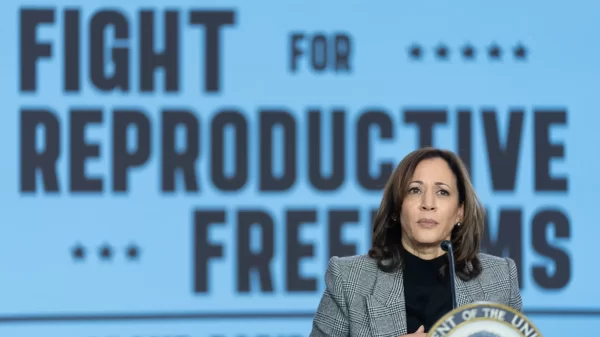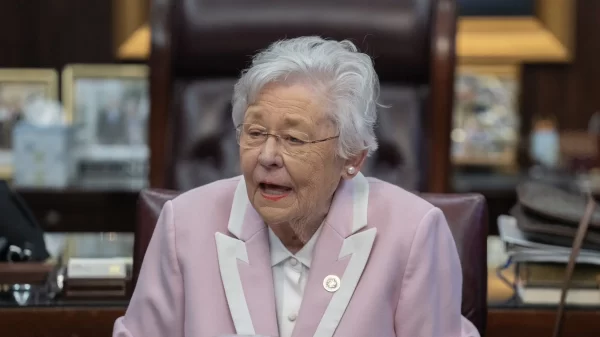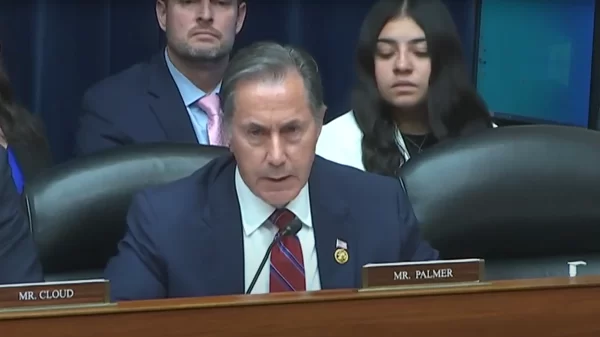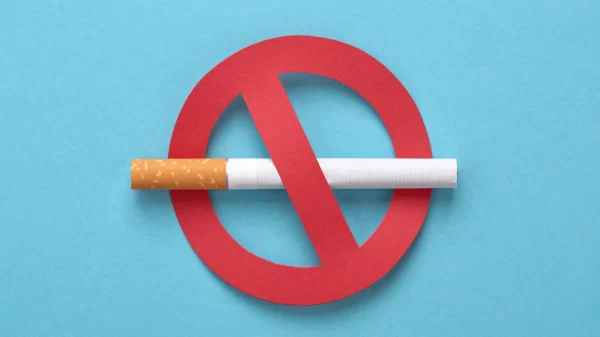|
Getting your Trinity Audio player ready...
|
More than 28 million adult Americans continue to be cigarette smokers, including more than 618,000 Alabamians. This habit not only hurts their personal health, but it also exposes others to toxic smoke and drives up health care costs. Fortunately, new legislation in the Alabama legislature could help put these smokers and the state on a better path.
Throughout my professional and personal life, I have seen firsthand how cigarettes damage the body and shorten lives. I’ve treated patients as a physician, pursued policy solutions as a former Secretary of the U.S. Department of Health and Human Services (HHS), and lost my father to what I dubbed “Lucky Strike Lungs.”
Last year alone, roughly 480,000 Americans died from conditions brought on by smoking or exposure to cigarette smoke. To put that number into perspective, that’s the equivalent of losing the entire population of Huntsville every six months.
To reduce this number, we must follow what the science is telling us. Namely, that while nicotine is highly addictive, it is not directly responsible for the emphysema, cancer, and other pulmonary diseases brought on by smoking. That blame lies with the toxic smoke and chemicals endemic to combustible cigarettes. Therefore, if we can switch smokers to non-combustible nicotine products, we can improve lives and attain better health outcomes.
This strategy, known as tobacco harm reduction, has been embraced by scientists and public health experts over the past decade. It is also the inspiration for legislation introduced in the Alabama House of Representatives by Rep. Rolanda Hollis (D-Birmingham). Representative Hollis’ bill would update the Alabama tax code to lessen the tax burden on innovative smoke-free nicotine products, like heated tobacco products, compared to combustible cigarettes.
The FDA has acknowledged that the health risks associated with tobacco and nicotine products exist on a spectrum, with combustible cigarettes being by far the most harmful. Incentivizing adult smokers in Alabama to move further down this spectrum is in the best interests of smokers and the state government.
To be clear, smoke-free products are not without any risk, and there should be strong enforcement policies and educational campaigns in place to prevent youth usage. But these products also offer a promising approach to getting existing smokers to switch. New nicotine options like heated tobacco products have proven popular in other countries, and the data indicates that when these products are in the marketplace, cigarette sales have dropped.
Embracing tobacco harm reduction and incorporating changes to its tax code can ensure that Alabama will be a leader in the public health challenges brought on by smoking. It is a commonsense approach that will yield great benefits for the state’s future.






















































